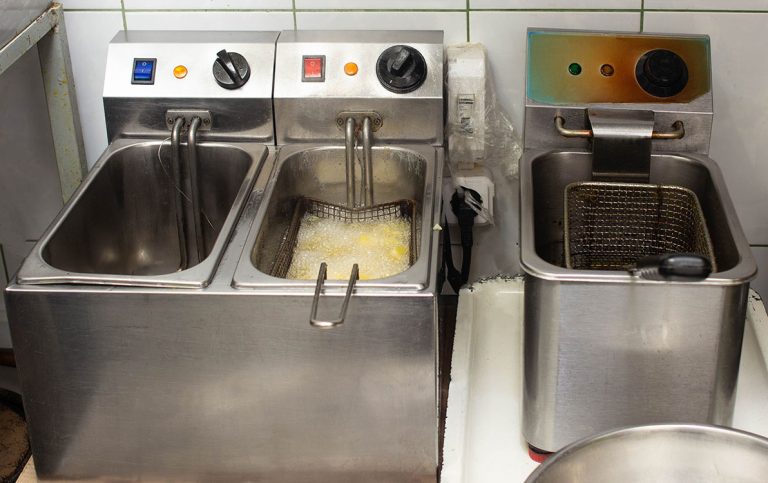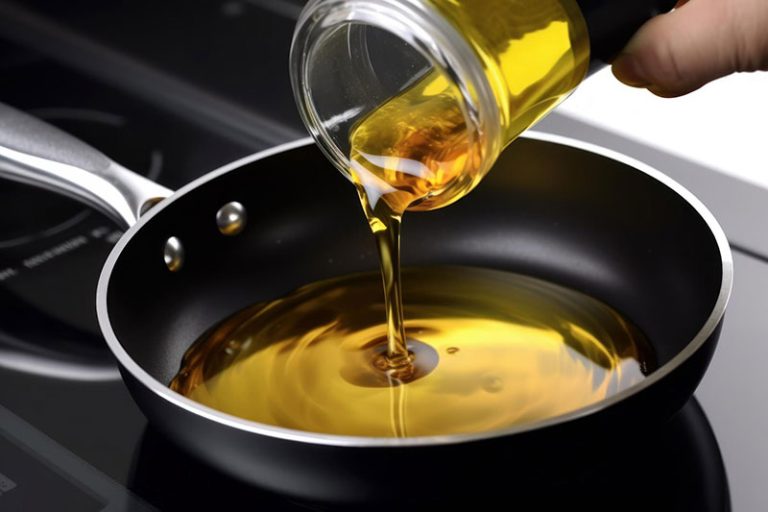Unlocking Value: How Used Cooking Oil Becomes Sustainable Energy
Your restaurant’s kitchen is more than a place to create delicious meals; it’s a hidden wellspring of sustainable potential. Used cooking oil, often viewed as waste, can be transformed into biodiesel—a renewable energy source that benefits both the environment and your business. With the right approach, you can turn this resource into an asset, fueling your operations with efficiency and eco-consciousness.
The Problem with Traditional Disposal
Improperly disposed of cooking oil has long been a source of frustration for restaurant owners. It clogs plumbing systems, contributes to environmental pollution, and often results in costly fines for failing to meet fats, oils, and grease (FOG) regulations. These challenges make traditional disposal methods a costly and unsustainable option, leaving many businesses searching for a better solution.
Yet what if that greasy burden could become a green opportunity? Advances in waste management technology and recycling programs have made it possible to transform used cooking oil into a valuable commodity—biodiesel. This process not only alleviates the headaches of traditional disposal but also aligns your business with growing consumer demand for sustainable practices.
The Journey of Transformation
The process begins in your kitchen. Proper collection and storage are essential to preserving the quality of the oil for recycling. Sealed, leak-proof containers ensure the oil remains uncontaminated, while strategic placement and regular maintenance keep operations running smoothly. Recycling partners then collect the oil on a schedule that minimizes disruption to your business.
After collection, the oil undergoes filtration to remove impurities such as food particles and water. Once purified, it’s ready for the chemical process of transesterification. In this step, the oil is combined with methanol and a catalyst, converting it into biodiesel and glycerol. The biodiesel is then purified and tested to meet strict ASTM standards, ensuring it performs as efficiently and safely as traditional diesel fuels.
This journey from fryer to fuel is more than just a scientific marvel—it’s a practical and scalable solution for modern businesses.
The Environmental and Economic Benefits
Biodiesel offers profound environmental benefits. It reduces greenhouse gas emissions by up to 78% compared to petroleum diesel, eliminates sulfur oxide emissions, and produces fewer particulates, leading to cleaner air and healthier communities. Its biodegradability further ensures a lower long-term environmental impact.
For businesses, the advantages go beyond sustainability. Recycling used cooking oil can significantly reduce waste disposal costs, and many recycling programs offer rebates or direct payments for the oil collected. Tax incentives for green initiatives provide further financial benefits. By incorporating these practices, restaurants can improve their operational efficiency while reinforcing their commitment to environmental stewardship.
Sustainability is also a powerful marketing tool. Today’s consumers actively seek out businesses that align with their values. Sharing your efforts to recycle cooking oil and contribute to renewable energy not only enhances your brand reputation but can also attract a more loyal customer base.
How Longview Simplifies the Process
At Longview Environmental Company, we understand that implementing a recycling program can feel overwhelming. That’s why we’ve designed our grease-to-energy programs to be seamless and straightforward. From providing high-quality containers to coordinating regular pickups, we handle the logistics so you can focus on running your business.
Our approach emphasizes quality control at every stage. By ensuring your oil is properly stored and collected, we maximize its value for biodiesel production. We also take care of compliance concerns, making it easier for your business to meet FOG regulations while reducing your environmental footprint.
Why Every Drop Counts
Recycling used cooking oil is more than an operational improvement—it’s a meaningful step toward a sustainable future. Each gallon of biodiesel produced reduces our reliance on fossil fuels, curbs carbon emissions, and supports the transition to cleaner energy sources. By participating in a waste-to-energy program, your restaurant plays a direct role in creating a healthier planet for generations to come.
Your kitchen holds the power to drive significant change. With Longview as your partner, you can turn your waste into a valuable resource, aligning your operations with the values of sustainability and innovation.
Take Action Today
Every drop of used cooking oil counts, and the sooner you start, the greater your impact will be. Join the growing number of businesses that are transforming their kitchens into hubs of sustainability. Contact Longview today to learn more about our recycling programs and discover how easy it is to make a difference. Together, let’s unlock the potential of your used cooking oil and fuel a brighter, greener future.








